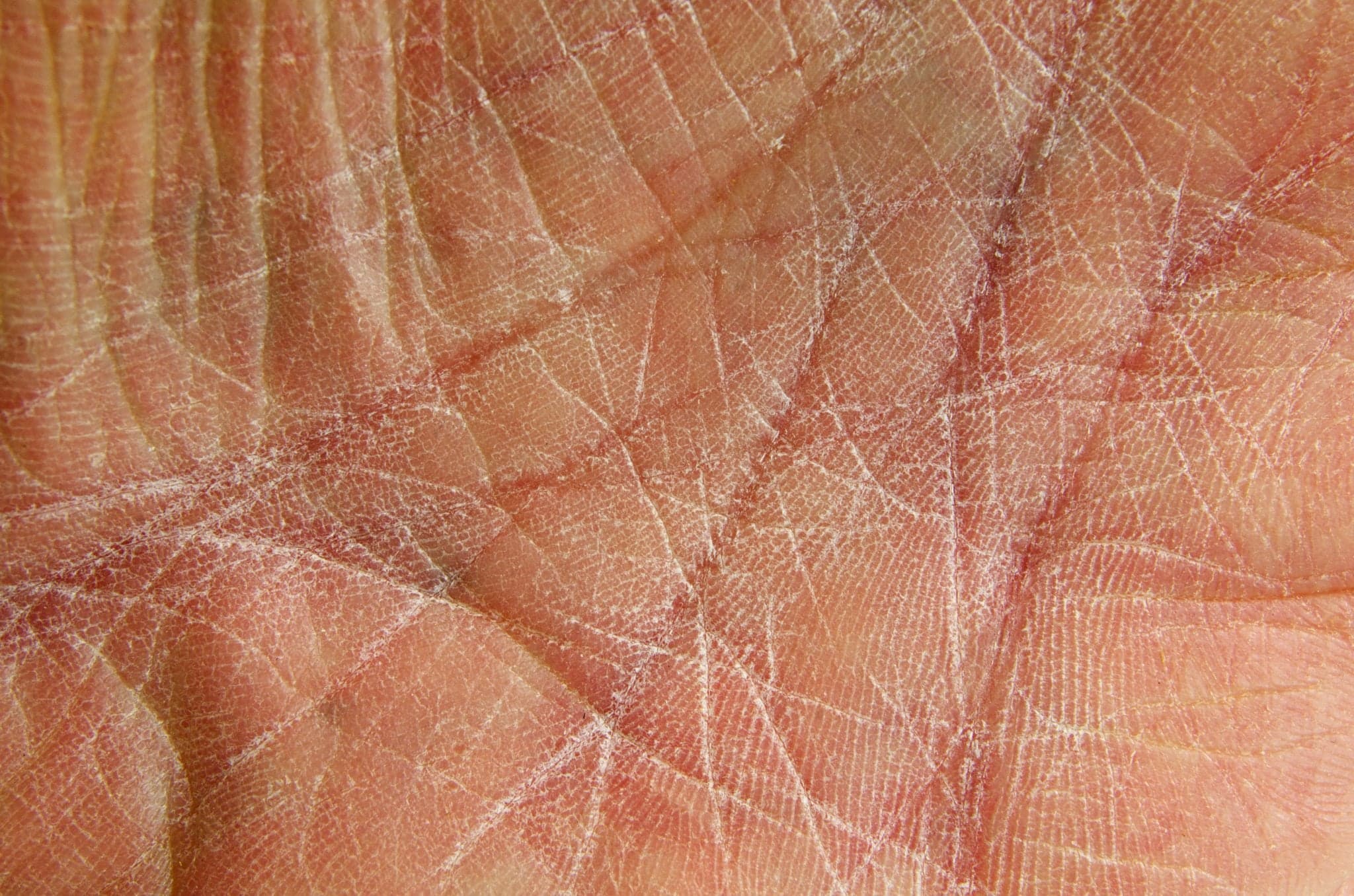
2018-10-03T09:37:12
What are the Risks of Uncontrolled Medical Conditions During Plastic Surgery?
- Plastic and Reconstructive Surgery
- Value-Based Care
May 5, 2016 | Plastic and Reconstructive Surgery

Reconstructive surgery is about rebuilding, so it is safe to say you will feel a little different once it is complete. With time, you may feel better than ever about the way you look, but any change requires adjustment. This is especially true if your reconstruction follows an illness like cancer or a traumatic injury. The goal after surgery is to get your life back to normal.
The only thing you need to worry about after your surgery is the recovery. Your body needs time to heal. You can expect to feel tired and sore for at least two weeks, maybe longer depending on the type surgery. For example, breast reconstructions using a flap procedure leaves you with two surgical wounds that need time to heal, explains the American Cancer Society, so you can expect a little more down time.
You might notice little changes to your body after surgery, too. Your skin, for example, may feel extra sensitive, especially around healing sites. This may require you to make some changes regarding your skin care routine. Switch to a mild cleanser made for sensitive skin. Your doctor can make a recommendation, but something with aloe vera will help the healing process. You will also want a light moisturizer to keep skin hydrated.
Talk to your doctor or nurse about caring for your wounds right after the procedure and avoid using commercial products on the healing incisions. Follow the aftercare instructions carefully for cleaning this area. Your doctor will tell you when you can start your normal skin regimen again and how to reduce irritation and scarring.
Reconstructive surgery is about rebuilding. With time, you may feel better than ever about the way you look, but any change requires adjustment.
Your body has changed, so some things may feel different. That’s normal. You may have lost sensation around the surgical site, for instance. This is a big deal if you had breast reconstruction or surgery on your hand or foot. It takes some time to adjust.
Your surgeon may recommend a few lifestyle changes, too. Hydration is critical to healing, so make sure to drink lots of water, at least eight glasses a day. Add some antioxidant-rich foods to your diet, as well, such as lean meats and colorful vegetables.
You may not feel like exercising for a while, but once your doctor gives you the okay, start slow and build up, alternating cardio with strength-building routines. There may be specific exercises to do as part of your recovery, too. For example, a woman who has had breast surgery often does shoulder and arm exercises to prevent stiffness. The surgeon may ask you to do exercises to prevent a complication called capsular contracture which is when the breasts to harden, look or feel different and may cause some discomfort.
Hydration is critical to healing, so make sure to drink lots of water, at least eight glasses a day. Add some antioxidant-rich foods to your diet, as well.
People just can’t help themselves. They get curious when they know someone has had reconstructive surgery, but it passes. You may feel awkward like everyone is staring at you. The truth is most people will glance, but it will be fleeting. On a positive note, the fact that you had reconstructive surgery means you probably look better than ever. If you embrace the change, so will they.
WRITTEN BY:
The Live Better Team

2018-10-03T09:37:12

2017-09-19T11:00:59

2017-09-11T10:40:36

2017-09-05T09:30:10
This information is not intended to replace the advice of a medical professional. You should always consult your doctor before making decisions about your health.